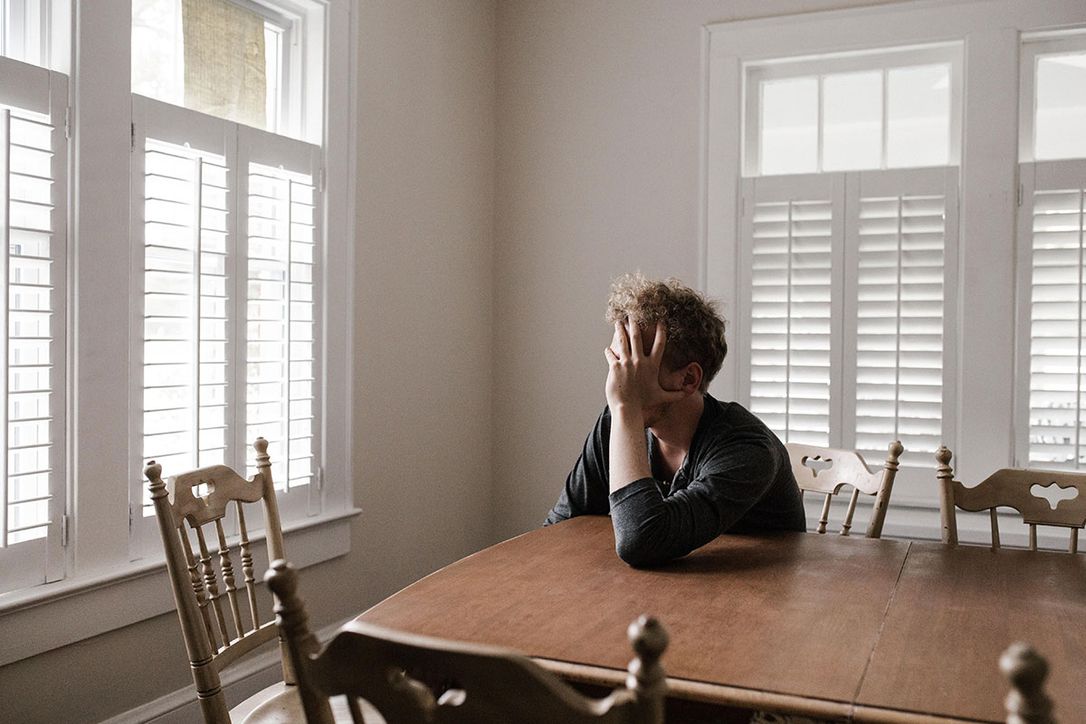Take a minute to read about the free and affordable mental health services available to Niagara thanks to the United Way Niagara and the Family Counselling Centre.
Mental health support can be crucial during a pandemic
United Way Niagara is making the mental wellbeing of children and families a priority as local communities return to work and school
Most of us take our health for granted, until a crisis hits — and when it comes to mental health, the stakes can be unexpectedly high.
“Mental wellbeing is the lens through which we experience all else,” says Tara McKendrick, executive director of the Canadian Mental Health Association’s (CMHA) Niagara branch.
“If we are mentally unwell, the other aspects of life are shaded by this, which can limit our ability to live our fullest lives,” she says. “Our thoughts, feelings and beliefs determine our actions and behaviour, so it is of utmost importance that we are taking care of our mental health and wellness.”
According to CMHA, one in five people in Canada will experience a mental health issue in any given year. And mental illness is complex — root causes may be genetic, biological, environmental, or a mix of factors. All ages, cultures, education and income levels can be affected.
It’s always been a high-priority area for United Way, says Tamara Coleman-Lawrie, director of community impact at United Way Niagara.
She calls mental health and wellbeing “all-encompassing,” whether the needs involve immediate crisis intervention or longer-term supports.
“We truly believe it is part of every aspect of one’s life,” Coleman-Lawrie says. “And we know that by investing in certain areas of one’s life, we can keep people in a better state of mind.”
‘More than just a funder’
The United Way’s mental wellbeing investments span across the Niagara Region.
The Family Counselling Centre (FCC), with Family and Children’s Services Niagara, receives financial support from United Way to run three of its mental health programs. But senior manager Adrian McKenzie says “the United Way is more than just a funder.”
“The United Way connects agencies to training, partnerships and resources to ensure that our programs are running efficiently,” he says.
Supported programs at the FCC include virtual counselling for immediate concerns, no-fee therapy for children and youth who have experienced abuse, and a fee-subsidy program based on clients’ income that works on a wide variety of psychological issues: everything from marital problems and separation to trauma and depression.
“We are concerned about the isolation and stress that people are experiencing as a result of COVID-19 and the resulting restrictions,” McKenzie says. “We know that there is job loss, and a reduction in services, supports and resources that might have been available pre-pandemic. Some individuals and families are really struggling.”
CMHA Niagara services include crisis response and beds, addictions programs, case management, and support for housing, employment and homelessness. Addressing these overlapping issues is a key part of long-term solutions for mental health — an approach shared by the United Way.
McKendrick credits the United Way for supportive funding for CMHA Niagara’s same-day, no-fee counselling service. This type of mental health support can be crucial during tough times.
“Even through the pandemic we have maintained connection with our clients and community through phone and virtual means,” McKendrick says, “and problem-solved to ensure that needs were addressed, despite restrictions.”
Ongoing support for youth, seniors and families
Beyond its partnerships with CMHA and the FCC, United Way Niagara supports countless projects and programs across the region, including harm reduction, peer support and mentoring, seniors wellbeing initiatives and social outreach, among others. Coleman-Lawrie notes that children and families are a priority during the pandemic, especially as communities return to work and school.
Volunteers and donations are invaluable in keeping these efforts running smoothly. While COVID-19 placed unprecedented emphasis on safety and hygiene, mental wellness remains one of the most significant impacts on people’s lives.
“We’re always working closely with our partners in the mental health field,” Coleman-Lawrie says. “We want to make sure that everyone in Niagara has access to the support they need.”
Visit unitedwayniagara.org to learn about ways to help.
To find community resources available in your area, please call 2-1-1.



